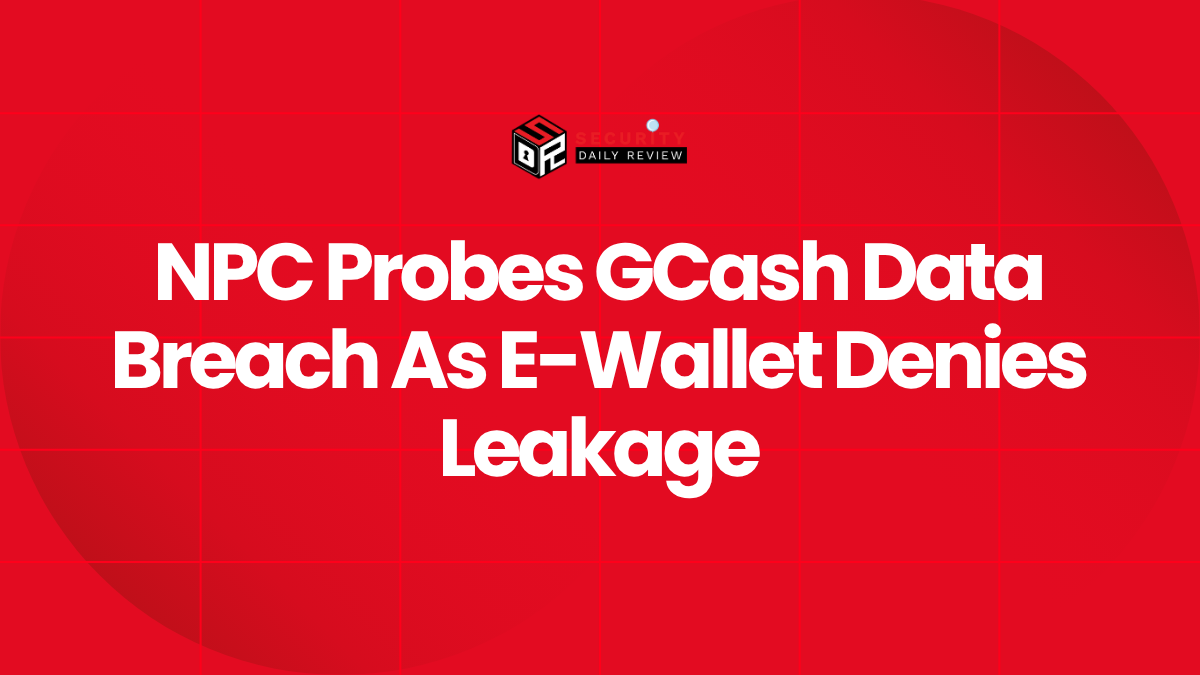The National Privacy Commission (NPC) in the Philippines is investigating claims of a potential data breach involving GCash, following reports of unauthorized transactions from multiple user accounts. The mobile wallet operator maintains that there was no data leak or compromise of customer credentials, while regulators continue to scrutinize the incident.
GCash Reports Unauthorized Transactions, NPC Launches Independent Investigation
GCash alerted the NPC in November 2024 after users reported irregular withdrawals and money transfers without their consent. Despite the financial impact, GCash publicly stated that “no data leakage or personal data breach” had been detected. Nevertheless, the NPC proceeded to open a formal inquiry under the umbrella of the Data Privacy Act of 2012 to determine if personal data was compromised.
E-Wallet Operator Insists No Credential Compromise, Customers Question Safety
According to GCash’s statement, its investigation found no indication that customer credentials or underlying PII were accessed during the incident. Users however continue to report unauthorized activity, raising concerns that something deeper may have occurred. The NPC emphasises that even if direct data theft did not happen, the presence of unexplained transfers triggers its mandate to verify data protection compliance.
“Although GCash has stated that there was no compromise of customer credentials or data in the incident, the NPC will still conduct an independent investigation … to verify the absence of a personal data breach.”
— NPC official statement
While NPC has not published technical details, the investigation is likely to examine whether threat actors exploited mobile application flaws, credential reuse, SIM-swap schemes or indirect access routes through third-party integrations. Analysts say that attackers frequently leverage compromised credentials or social-engineering to bypass access controls—without requiring a data breach in the traditional sense. The NPC will evaluate event logs, access patterns, and internal controls to determine if data was exposed or misused.
The GCash incident illustrates the evolving risk landscape for digital payment platforms in Southeast Asia. As wallets gain mass adoption, they become high-value targets for fraud and identity-theft operations. Even when providers do not confirm a data leak, unexplained transactions can erode customer trust and trigger regulatory action. Service operators must ensure robust identity verification, anomaly detection, and rapid incident response to maintain confidence.









